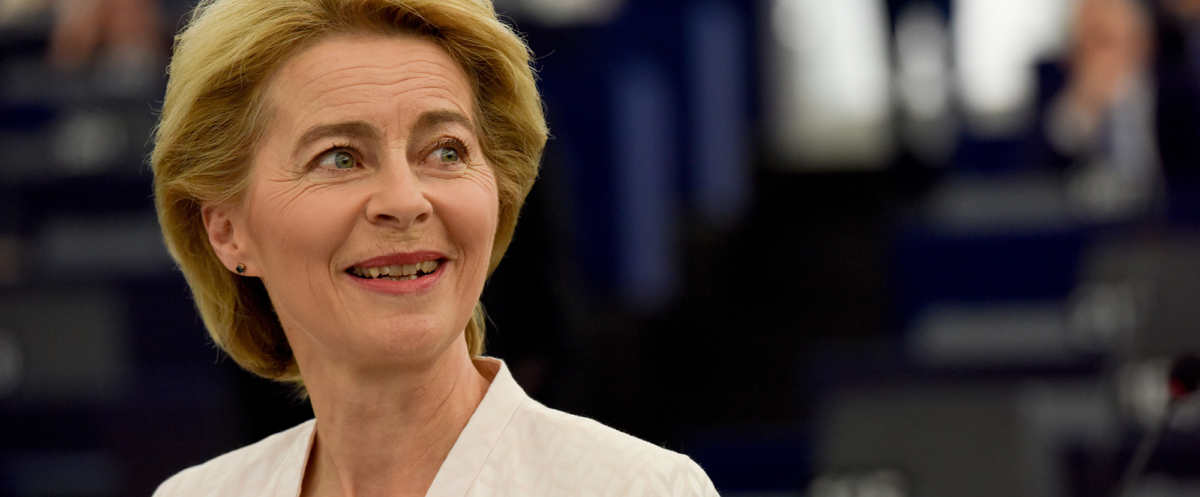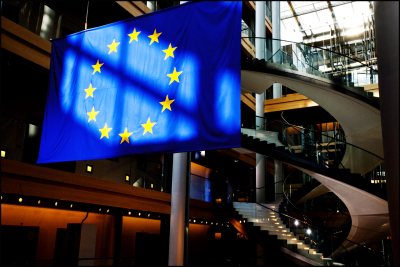Brussels is in the middle of a chaotic Commissioner-designate hearing season and the trials and tribulations of these past few weeks only reconfirm the urgent need for an independent EU ethics body.
Two candidates have already been rejected; the Hungarian nominee László Trócsányi and the Romanian choice Rovana Plumb. The MEPs judging the former could not rule out a conflict of interest with law firm Nagy és Trócsány that he set up before he became a Government Minister, and the latter candidate failed to declare loans of around 1 million Euros.
One candidate has already been sent to a second hearing and one will face additional written questions, Poland’s Janusz Wojciechowski and France’s Sylvie Goulard, respectively. Both candidates were under investigation by The European Anti-Fraud Office (OLAF) at the time of nomination. Goulard is still under investigation for the misuse of EU funds relating to paying parliamentary assistants, while Mr Wojciechowski was cleared at the end of September. During her hearing, Ms Goulard stated that in France she stepped down as a Minister following the announcement of the investigation. This begs the question why are national-level politicians being held to higher standards of integrity than those at EU level?
It is hard to image that in a Member State, a figure with an ongoing fraud investigation would get as far as being nominated for a top ministerial job, but some candidates in the EU seem to have slipped through the net.
This could partly be that national governments simply do not take these nominations seriously enough and there is a view that EU politics is secondary to national politics. However, these Commissioner-designates will be making decisions and policies that affect millions citizens right across the European Union.
It is also very difficult to guarantee that the declarations of interest have been scrutinised in a balanced and independent way. In its last mandate, the European Parliament adopted a new step in the process of approving the new Commission in its internal rules. According to the rules, the Parliament’s Legal Affairs Committee now has the power to analyse the declarations of financial interests of Commissioner-candidates and look for potential conflict of interests. If necessary, the committee has the power to make recommendations to solve any minor issues or even deem the candidates unsuitable for the position. The latter blocks said candidates from moving to the next stage, the hearing.
One of the main issues with this process is that those MEPs conducting the analysis belong to a political party, sometimes the same party as the candidate or sometimes the political opposition, which puts their neutrality in to question.
These meetings are held ‘in camera’, and contrary to what the name may suggest, they are completely private. This is strangely enough in direct opposition to all other hearings Commissioner-designates will have with the committees working on their prospective fields of responsibility, which according to the rules must be held in public. It is therefore impossible to ascertain how political the initial discussions become and whether there is true impartiality in the screening process.
The only way to ensure that the highest calibre of nominees, in terms of political integrity, make the cut in the future is to create an EU-wide independent ethics body. Such a body would take the lead in scrutinising the backgrounds and the declarations of potential Commissioners, far from the reaches of party politics. Decisions and reasons for decisions should also be made publicly available for any interested party to be able to get the full picture.
Transparency International EU has long been calling for the creation of such an ethics body and are happy to see Ursula von der Leyen include it in her priorities. We reiterate our suggestions that for such a body to be truly effective it must be well-resourced, able to initiate investigations, and give binging recommendations to all the EU institutions.




